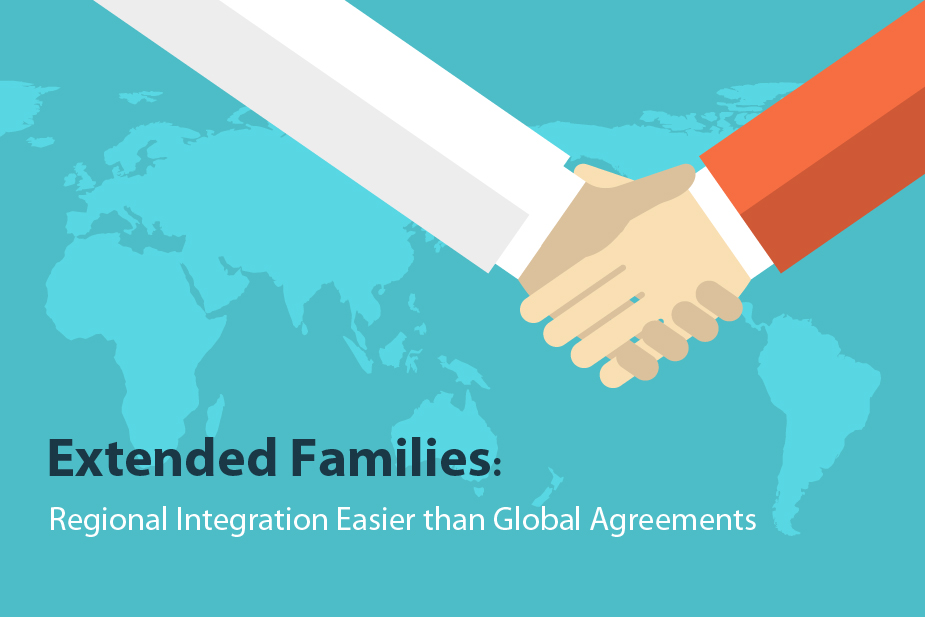Last page update:

By Dr Rebecca Fatima Sta Maria
Does regional integration have a better chance of succeeding than global integration?
This was the question posed to me recently at a panel discussion moderated by Professor Danny Quah, the new Dean of the venerable Lee Kuan Yew School of Public Policy.
It is an important question that deserves our consideration.
Dr. Bandid Nijathaworn, former Deputy Governor of the Bank of Thailand, was optimistic. He lauded the safeguard mechanisms established by ASEAN nations following the 1997 Asian Financial Crisis and suggested governments address and improve infrastructure – digital and fiscal – and both corporate and political governance.
I also agree that our integration efforts show some success. The commitment of our member economies is clear – we just need to translate better this commitment into action. The road ahead is long. We have made considerable gains in producing trade agreements, but that has led to different sets of rules across the region.
Simplifying the rules levels the playing field – and more opportunities make all the difference to small businesses. Large corporations have the resources to at least try to understand the different agreements. Smaller companies do not. Simpler rules enable entrepreneurs of all sizes – and they are the pillars of our economies – to benefit more from regional integration.
If businesses find the regional landscape confusing, they may be equally baffled by the environment in specific economies. Expressions of support for particular industries can fall flat if they are not accompanied by regulatory coherence.
Never mind grand announcements. What would really excite businesses, said Director of equity firm Ardian Michael Hu, are regulations that are stable, consistent, and predictable. In other words, said Hu, “boring.”
I was then asked whether organizations based on non-binding agreements make a difference.
We do. Getting to ‘boring’ takes a lot discussions, negotiations, cajoling, and ‘cooking’ within and on the sidelines of conferences. APEC is an incubator.
Consider our work on environmental goods. Representatives of APEC economies deliberated at our forums and came to a consensus-based, non-binding agreement on a set of products worth USD300 billion within the region for reduced tariffs. Once there was enough traction, a critical mass, the members took the issue to the World Trade Organization, where the industry is valued at USD500 billion worldwide.
All great ideas have to start somewhere. APEC gives these ideas a start and lets it grow without pressure. Posturing begins once the discussions become binding.
Which brings us back to the question about regional integration having more chance of succeeding. It’s a fact that trade is global. Clearly, that means that scale will always pose big challenges.
Anything that involves more than 100 constituents is a slow moving train. A weekly family dinner is much easier to arrange than a reunion of the larger clan. But the latter is not impossible. And often when the larger group does come together, the camaraderie can be so satisfying that one almost forgets the time and energy spent getting there – almost.
Despite challenges, we are well on our way to finding solutions that help make it faster, easier, and cheaper to do business globally. A business environment that is more ‘boring’ may be just what businesses need.

